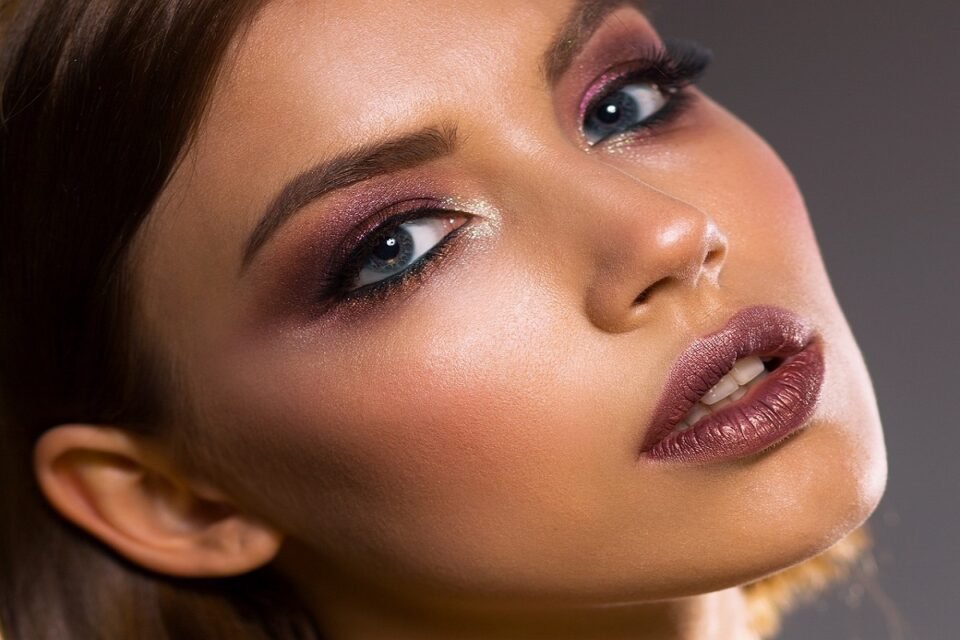Find out how to take care of your skin properly. Discover the best practices, must-have skincare products, and professional advice for radiant, healthy skin.
Skin is essential to preserving our general well-being. Its importance goes beyond aesthetics since it acts as a defense against dangerous elements, diseases, and other environmental variables. Keeping one’s skin in good condition is essential for general health as well as a source of pride.
Not only does our skin condition impact our outward appearance, but it also has an impact on our self-esteem and confidence. Moreover, maintaining the best possible skin care is essential to looking young, healthy, and beautiful.
The key to good skin care is developing a daily skincare practice. We can safeguard and care for our skin, keeping it strong and glowing for many years to come, by following a regular program.
This article will discuss the best ways to maintain good skin care, including advanced techniques, individualized customization depending on skin type, important daily routines, external variables that affect skin health, and the importance of professional skincare treatments.
5 Best ways to maintain good skin care
Examine tried-and-true techniques for keeping your skin looking great. Learn how to protect, hydrate, and wash your skin to get a glowing complexion.
1Daily Skincare Routine
A solid skincare routine is the cornerstone of a healthy complexion. It comprises a few essential processes, each of which is vital to preserving the health and attractiveness of the skin. Here is a step-by-step guide to the everyday skincare routine:
- Cleansing: To start, cleanse your skin to get rid of impurities, dirt, and makeup. To prevent over-drying or irritating your skin, use a mild cleanser that is appropriate for your skin type.
- Toning: Applying a toner will balance the pH levels of your skin and get it ready for subsequent steps. Toners can also aid in pore refining and tightening.
- Moisturizing: All skin types require hydration. To maintain soft, supple, and healthy skin, use a moisturizer. No matter if your skin is dry, oily, or in between, choose a product that is appropriate for your skin’s needs.
- Sunscreen: Use sunscreen every day to save your skin from the harmful effects of UV rays. Using sunscreen lowers the risk of developing skin cancer in addition to preventing premature aging.
Also Read: Skincare Tips For Breastfeeding Mother: Ingredients to Avoid
2Customizing Skincare to Individual Needs
Knowing your skin type is essential to customizing your skincare routine to meet your unique individual skincare needs. Skin types are broadly classified as dry, oily, combination, or sensitive. Here’s how to determine your skin type so that you can customize your routine:
- Dry Skin: You probably have dry skin if, a few hours after washing, it feels tight, rough, or flaky. To prevent irritation, use moderate, fragrance-free products and a rich, hydrating moisturizer.
- Oily Skin: This type of skin might be prone to acne or blackheads and look shiny most of the time. To control excess oil, use products without oil and look for products with such chemical ingredients as benzoyl peroxide or salicylic acid.
- Combination Skin: This type of skin has a combination of oily and dry areas. It usually has drier cheeks and an oily T-zone (chin, forehead, and nose). To personalize your routine, utilize distinct products for every part.
- Sensitive Skin: This type of skin becomes red or itchy readily and is easily irritated. To reduce the possibility of adverse reactions, choose products that are hypoallergenic and fragrance-free.
Related: Suggestions for Better Care for Adult Circumcision Surgery
3Advanced Skincare Techniques
In addition to basic skincare, advanced skincare techniques can improve the appearance and health of your skin further. These advanced techniques include the following:
- Exfoliation: Frequent exfoliation encourages cell turnover, clears clogged pores, and gets rid of dead skin cells. For a mild yet efficient exfoliation, think about utilizing a chemical exfoliant such as beta-hydroxy acids (BHAs) or alpha-hydroxy acids (AHAs).
- Masks: Face masks can be used to address particular issues like anti-aging, hydration, or acne. Use these once or twice a week as you need them.
- Serums: Rich in active components, serums target a range of skin issues, such as pigmentation, hydration, and fine wrinkles. Use a serum as part of your routine to address specific issues.
- DIY Solutions: If you’d rather do it the natural way, think about DIY remedies like yogurt facials, honey masks, or homemade exfoliants made with sugar or coffee grounds.
Read: What is Coarse Hair and How to Take Care of Coarse Hair?
4External Factors Affecting Skin Health
Utilizing skincare products alone is not enough to maintain excellent skin care. Skin health is also significantly impacted by external influences. Here are some crucial things to remember:
- Lifestyle Choices: A healthy diet, consistent exercise, and enough sleep are essential for maintaining radiant skin. Eating a balanced diet guarantees that your skin gets the vitamins and minerals it needs, and exercise encourages good blood circulation. Getting enough sleep enables your skin to renew and heal.
- Environmental Factors: Your skin can be harmed by pollution, UV radiation, and other environmental stressors. To combat the impacts of pollution, protect your skin by wearing sunscreen, finding shade when you can, and drinking enough water.
5Professional Skincare Treatments
Your skincare routine can benefit greatly from professional skincare treatments. There are options such as chemical peels, microdermabrasion, facials, and laser therapy.
It’s, however, crucial to speak with a licensed dermatologist or skincare specialist before beginning any of these procedures. They can offer knowledgeable counsel and customize treatments to your particular needs.
In conclusion, achieving ideal skin care requires a comprehensive strategy that includes regular skincare tailored to each person’s requirements, the use of high-quality products from a reputable skincare product manufacturer, cutting-edge approaches, and periodic expert treatments.Remember that the secrets to attaining long-lasting benefits in your skincare journey are patience and persistence.



